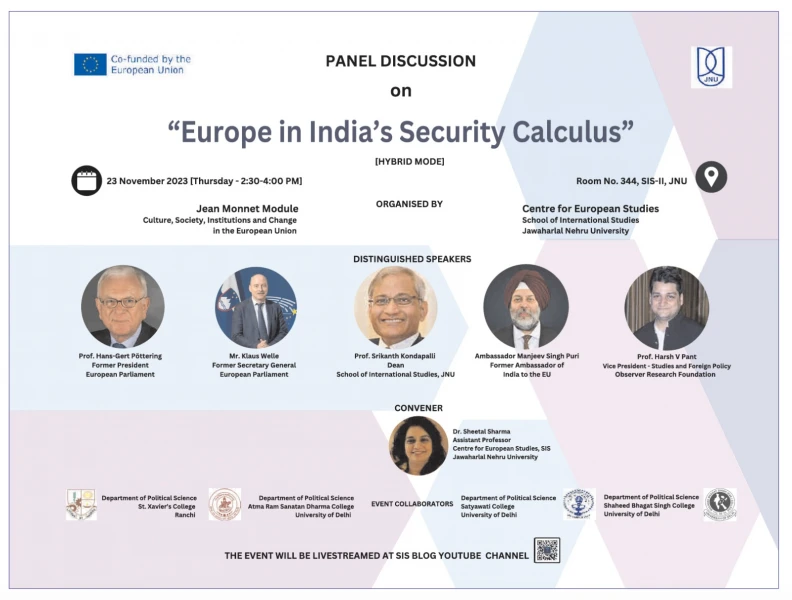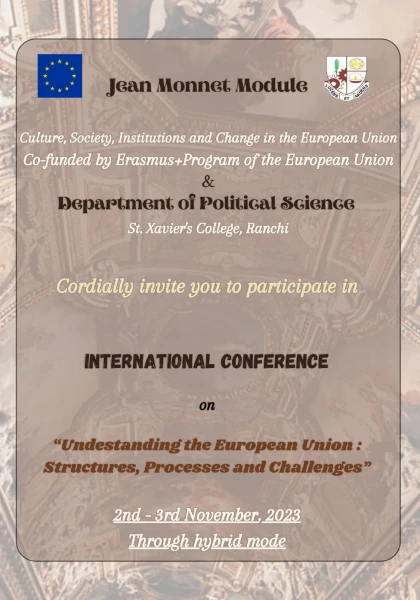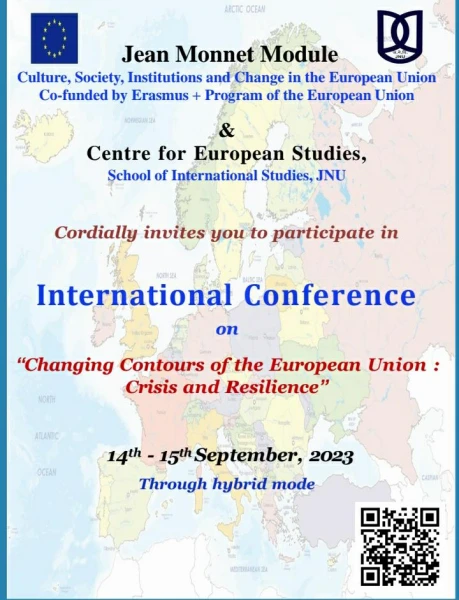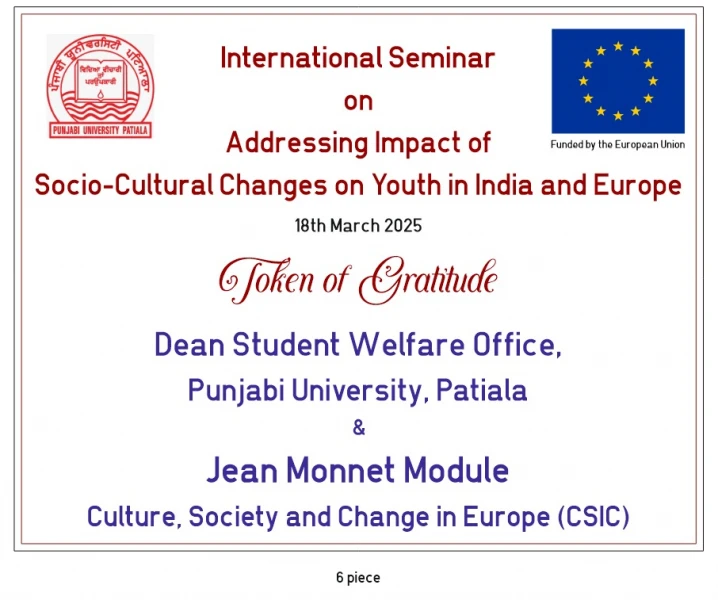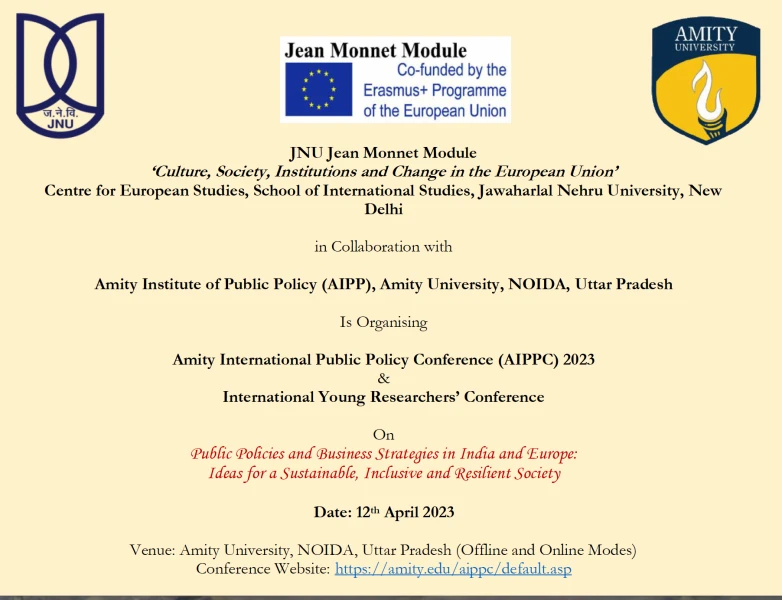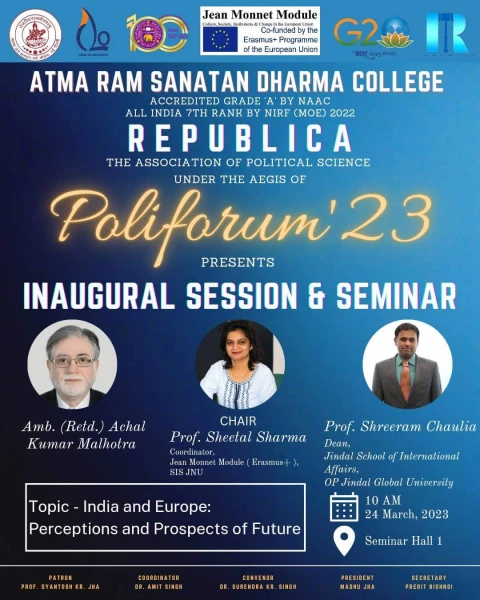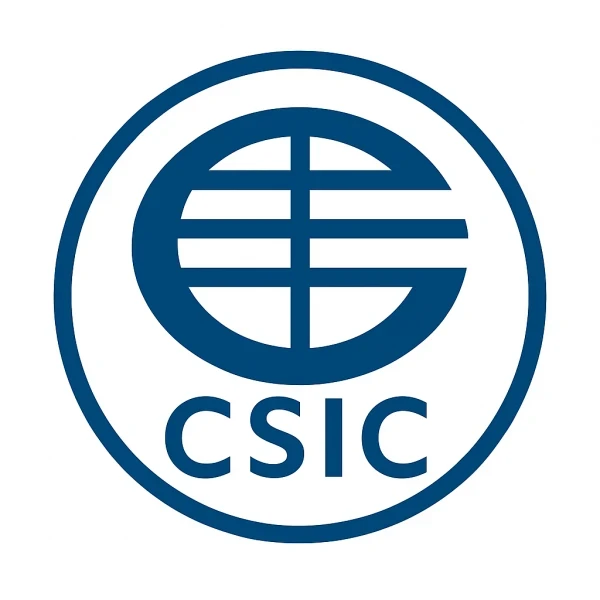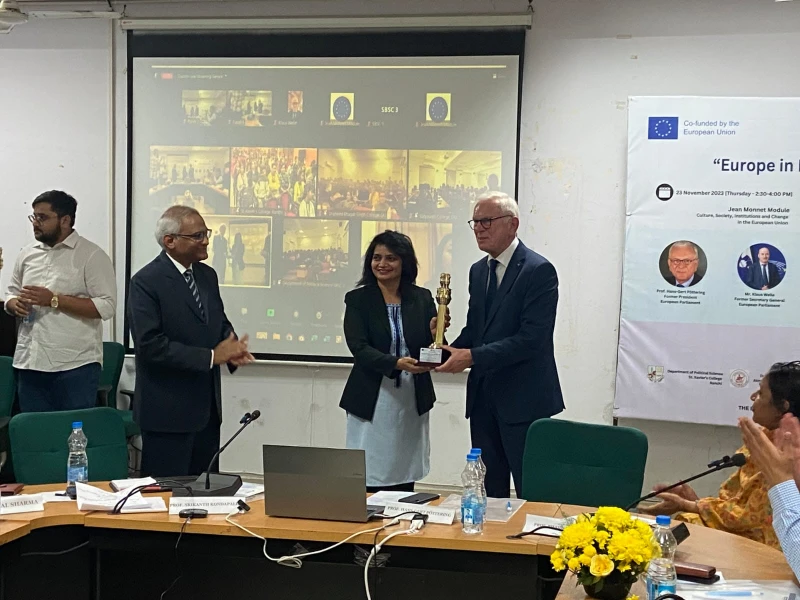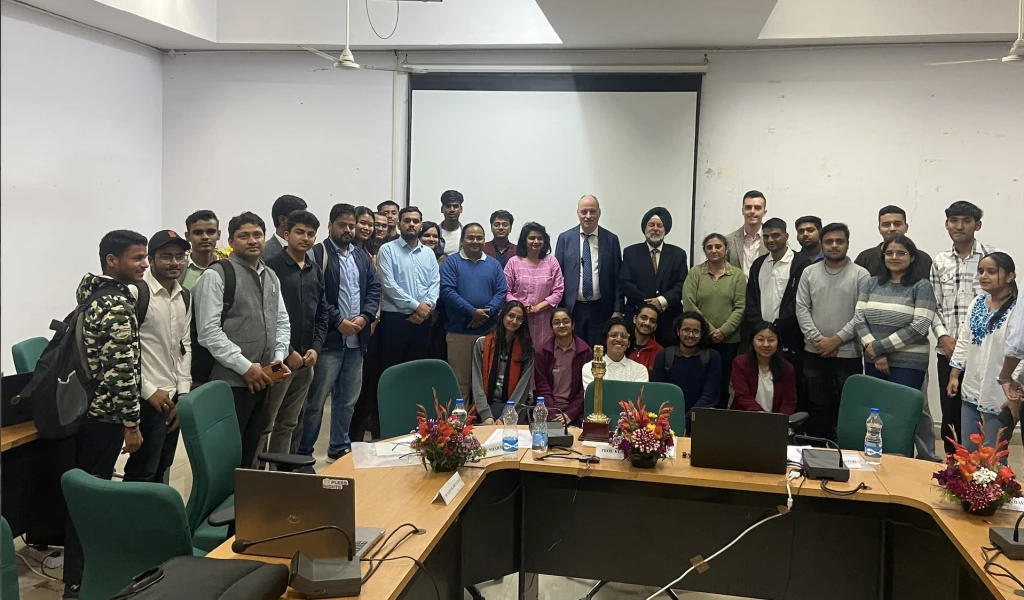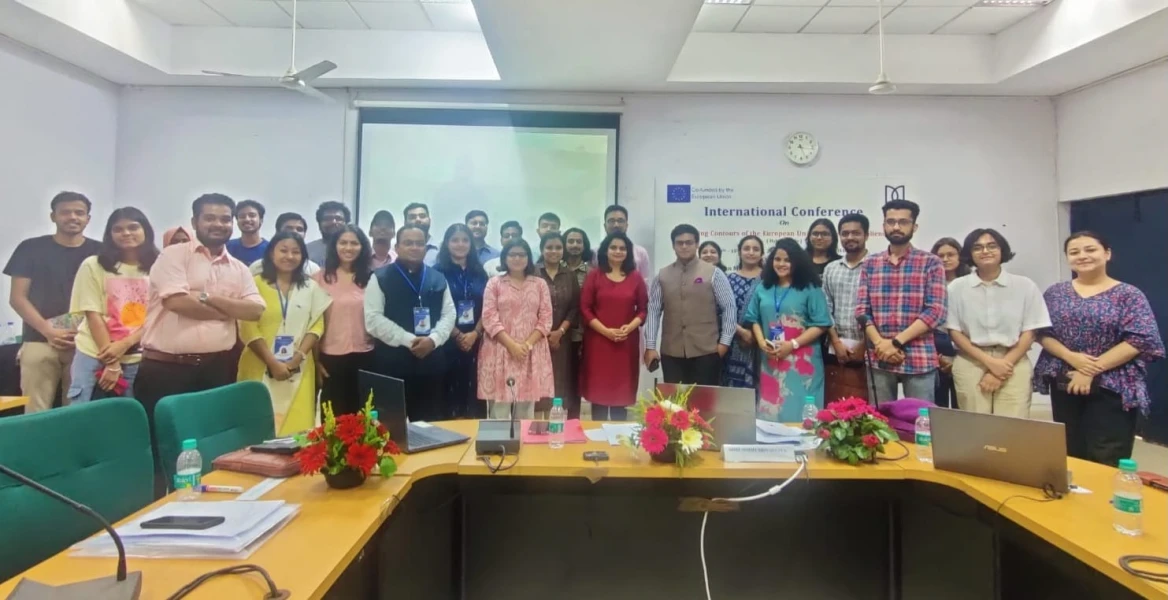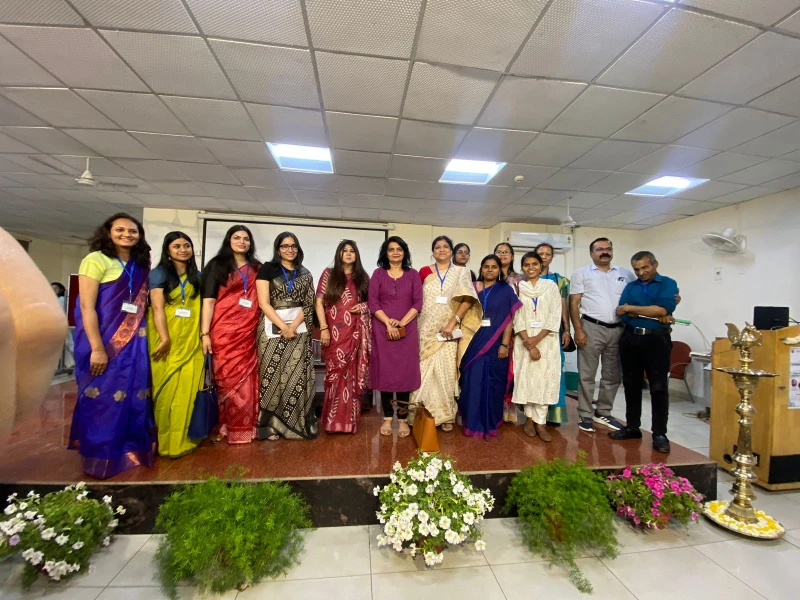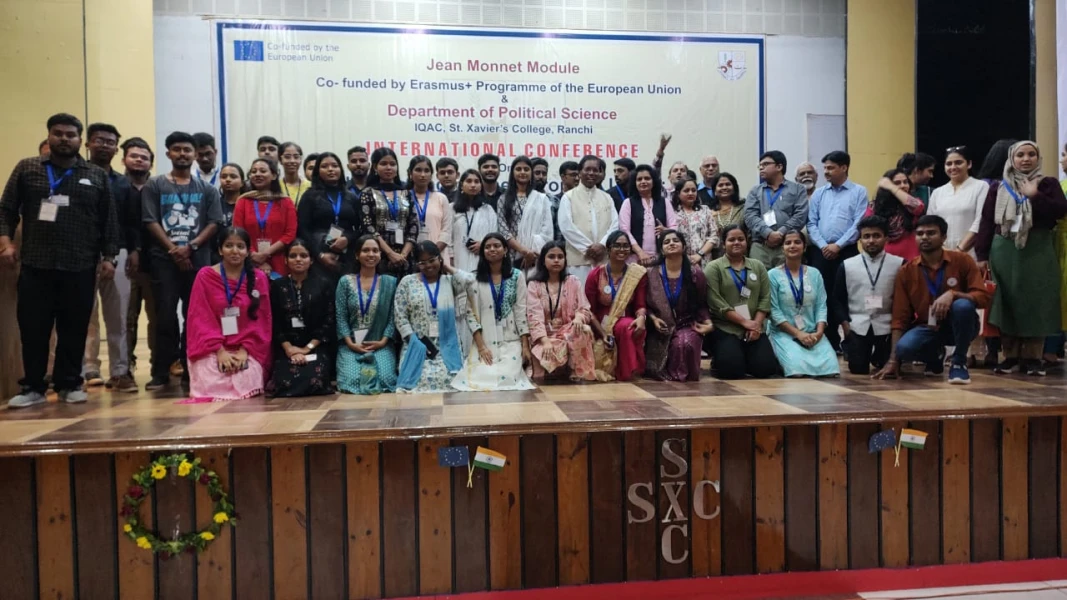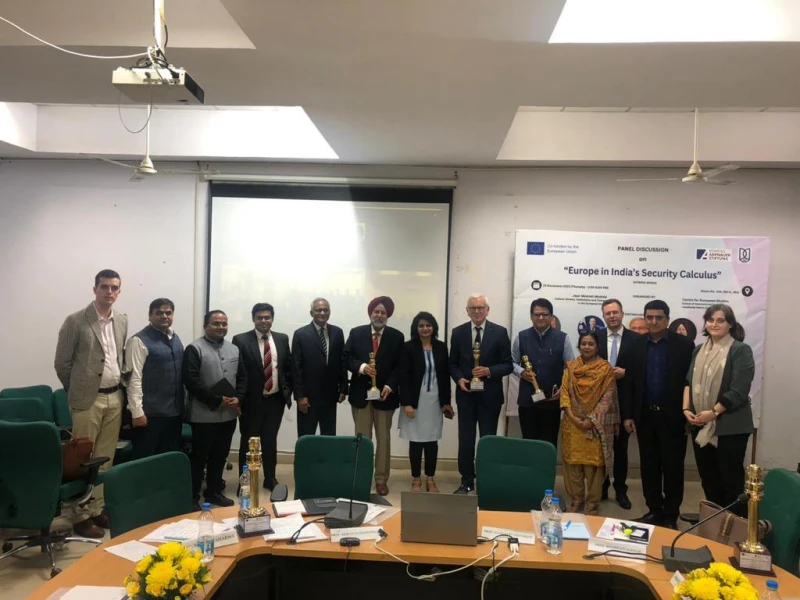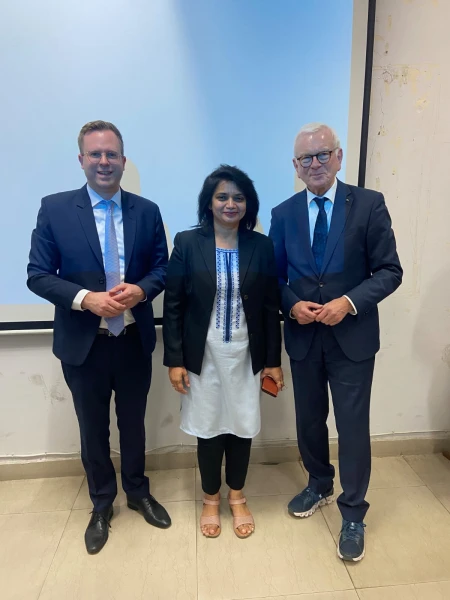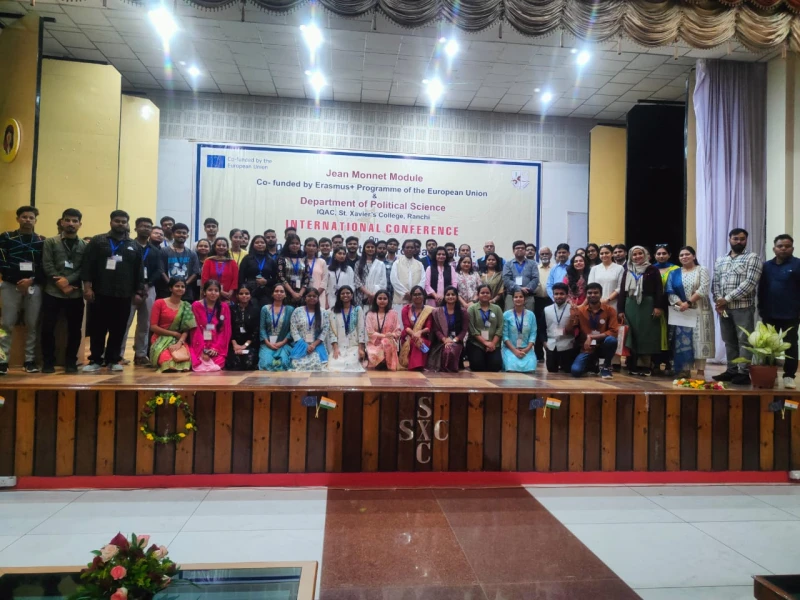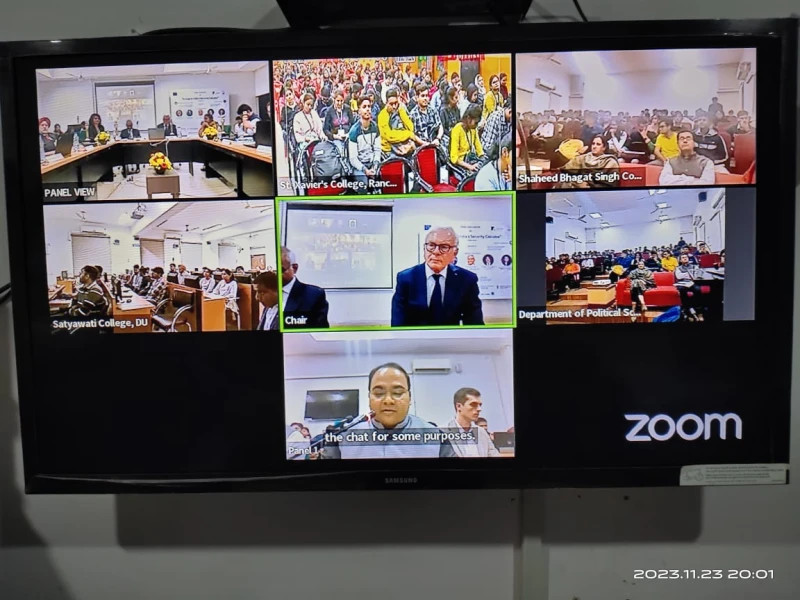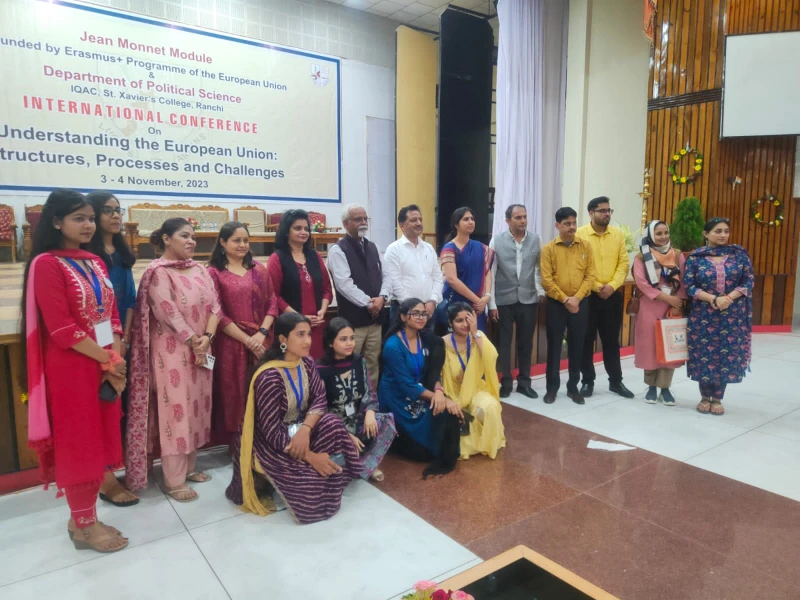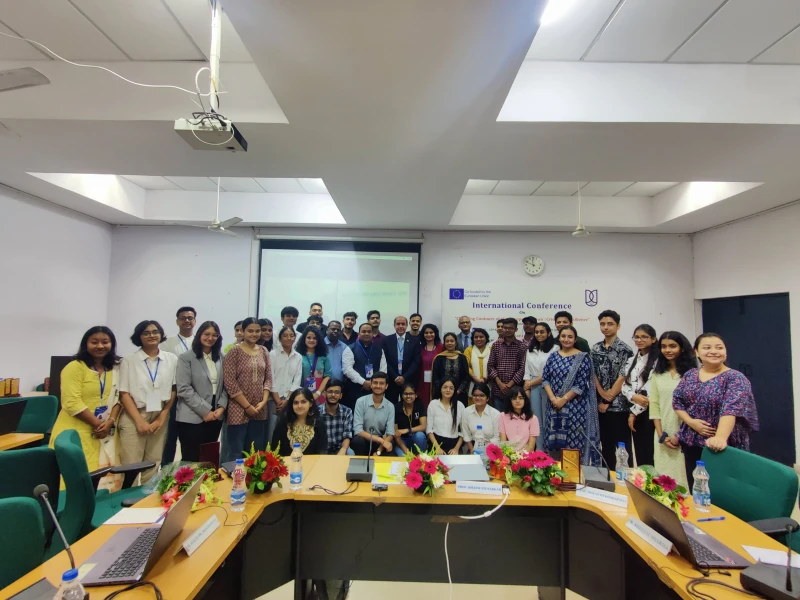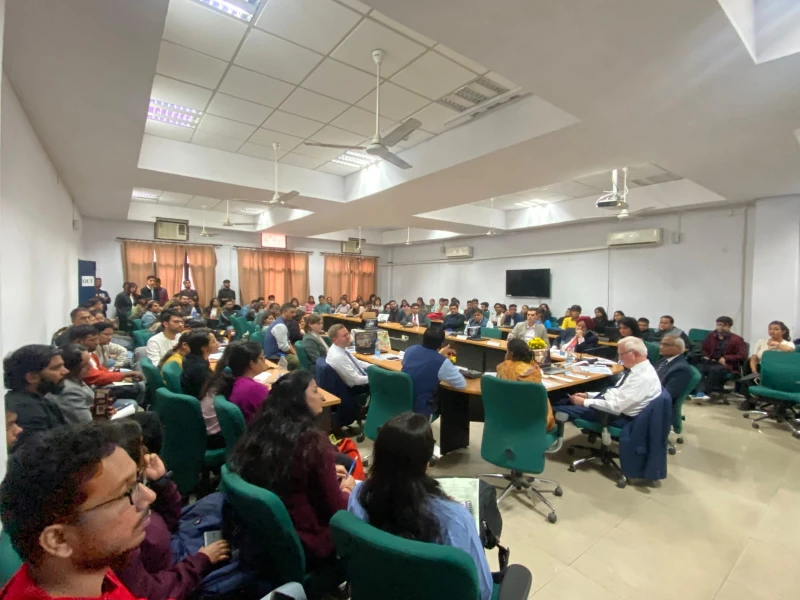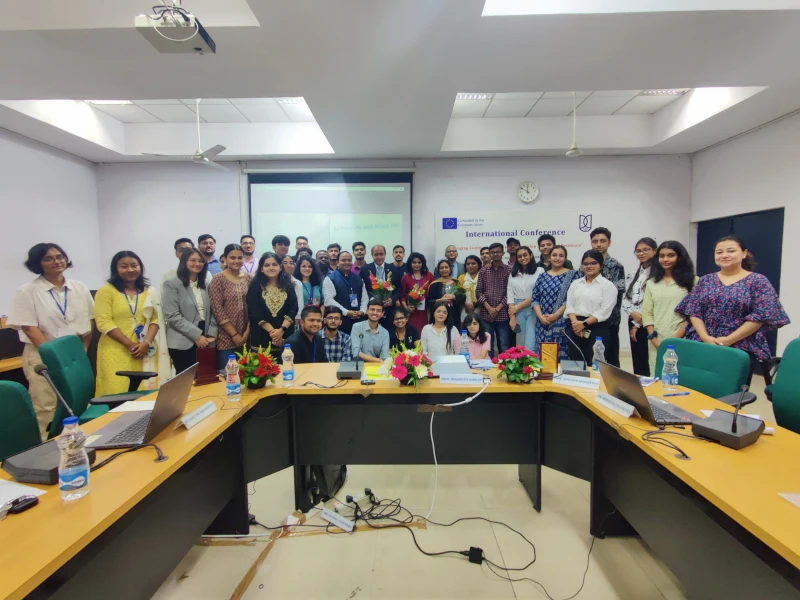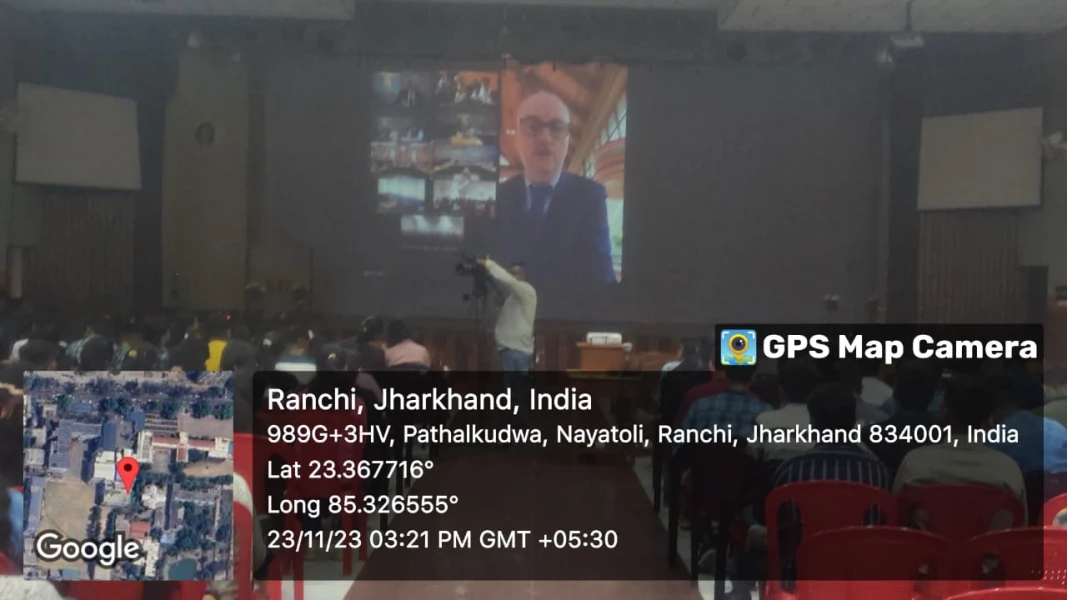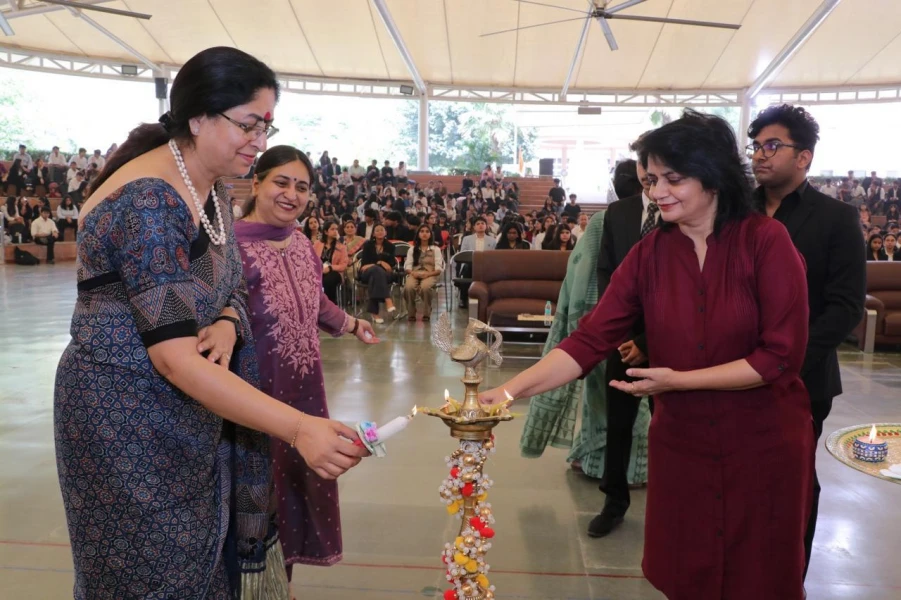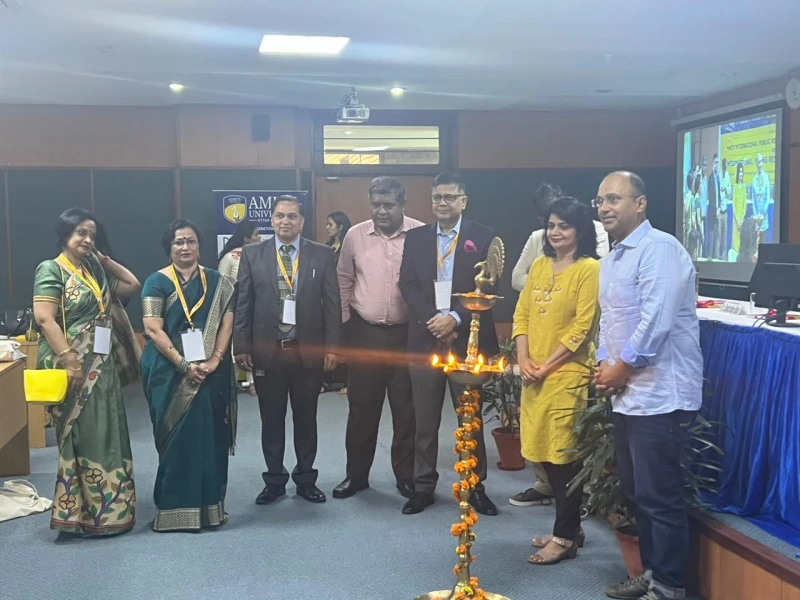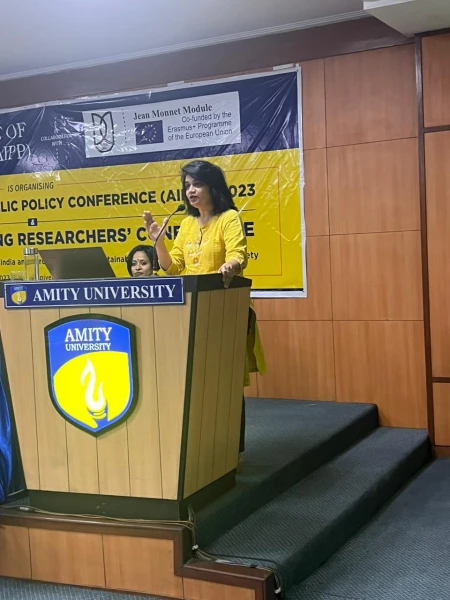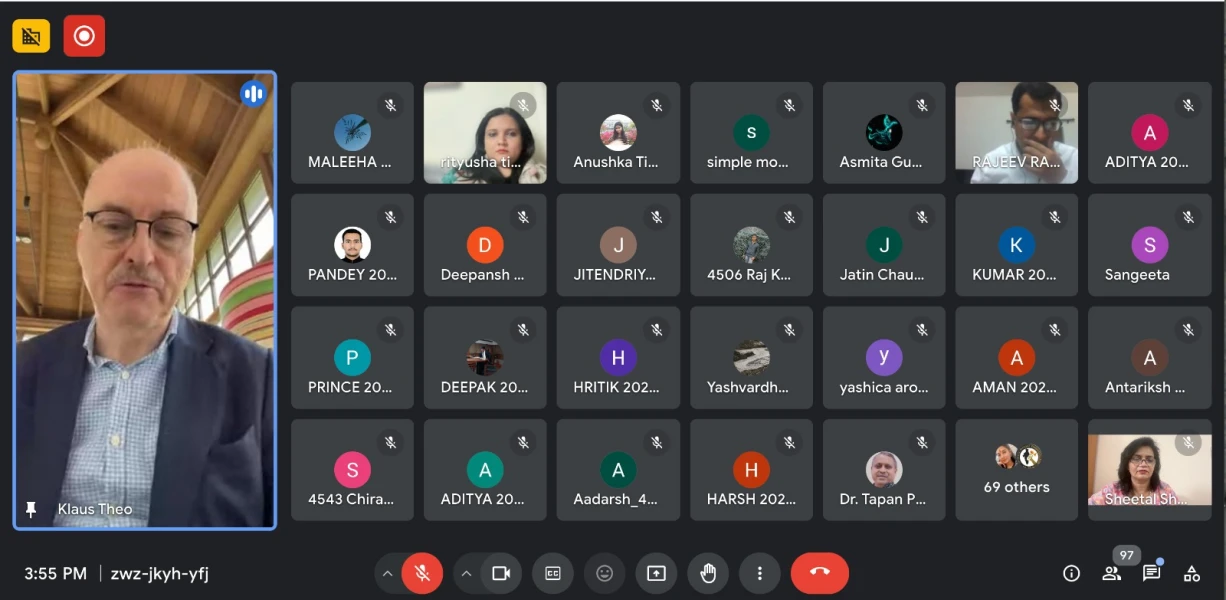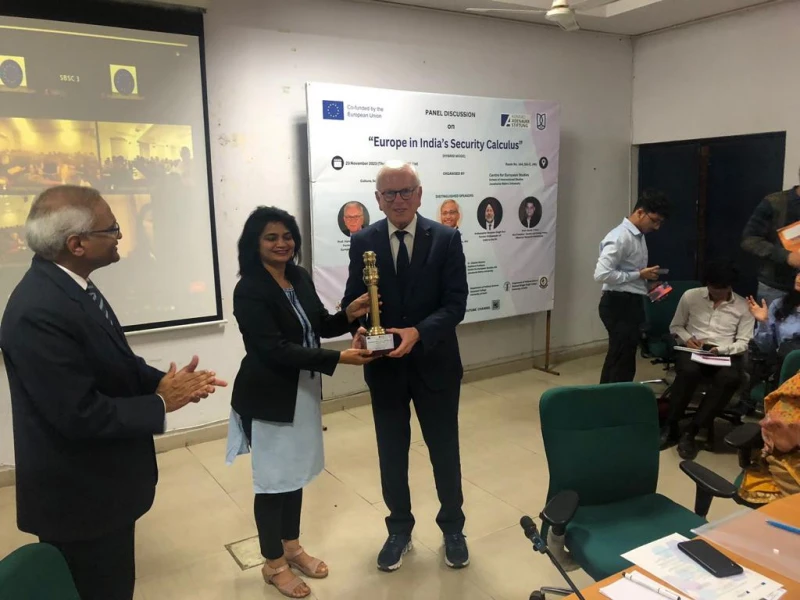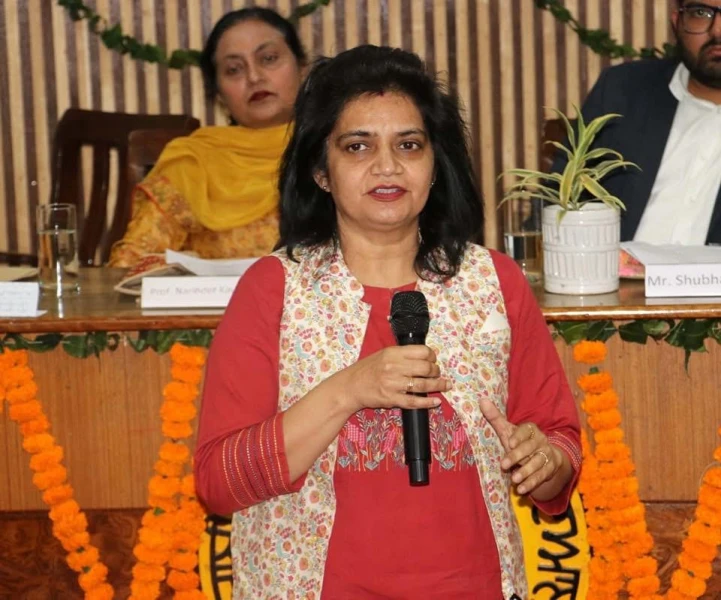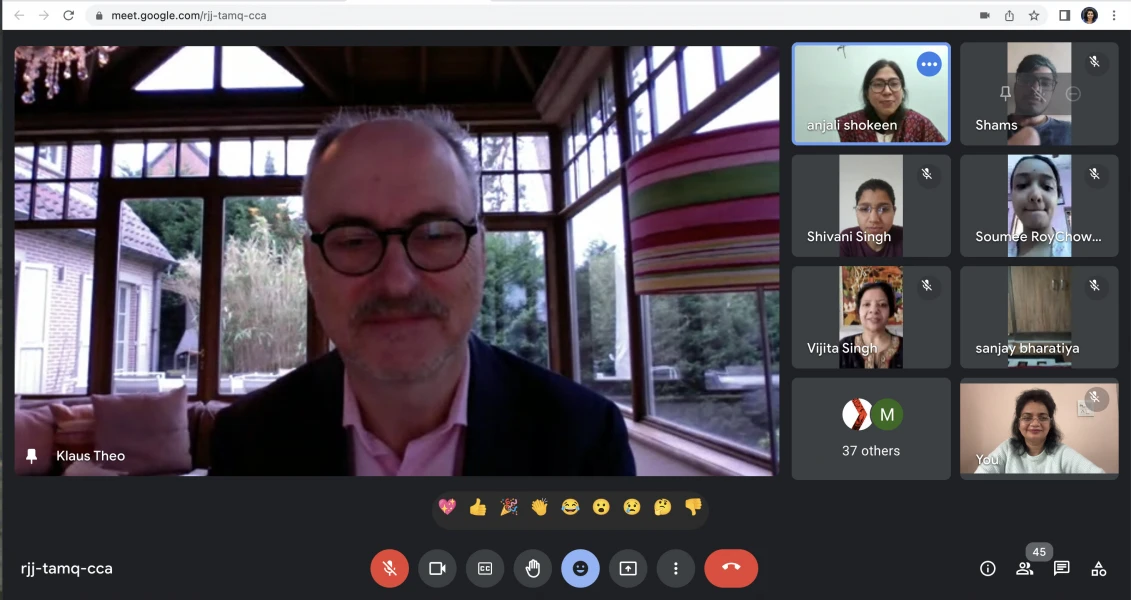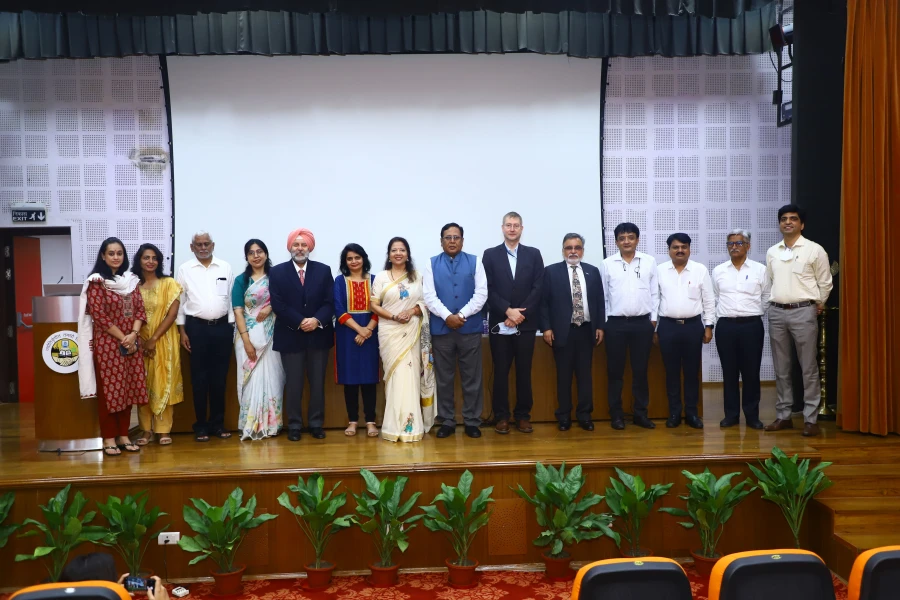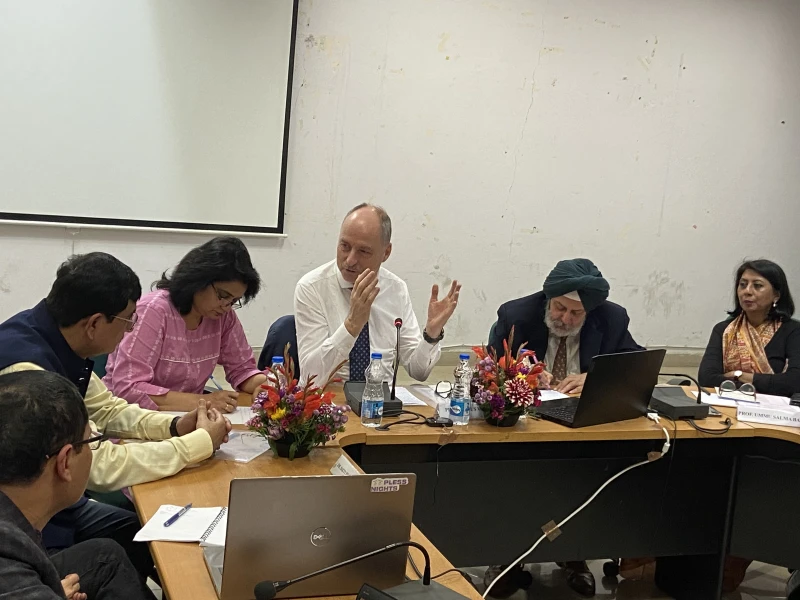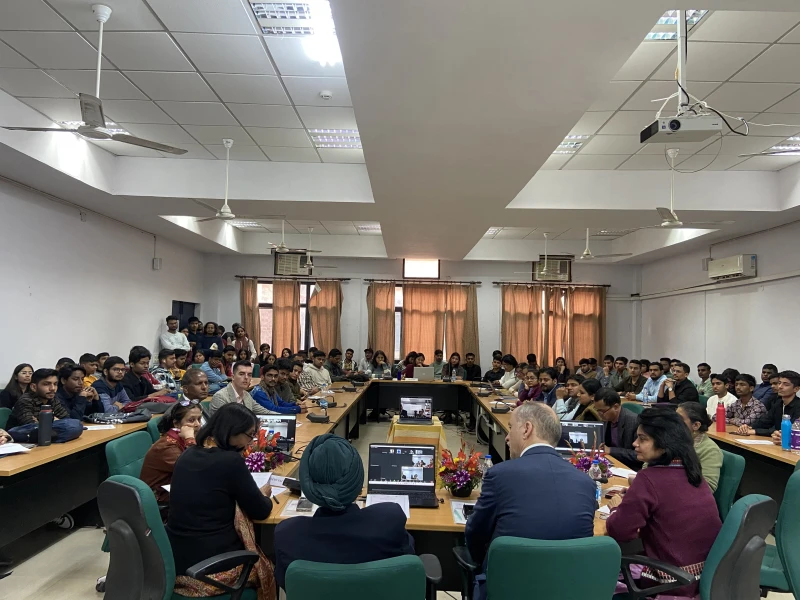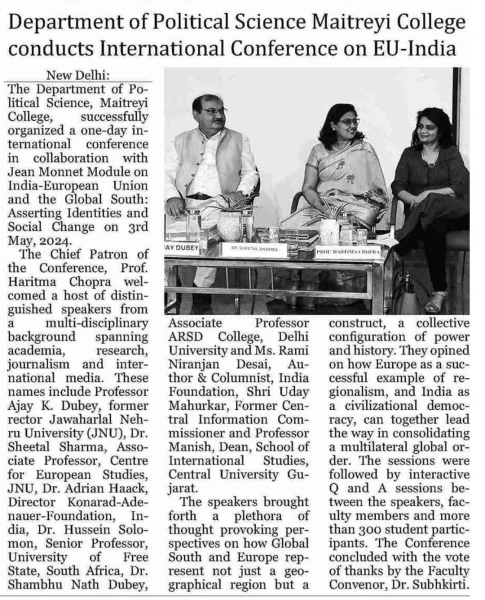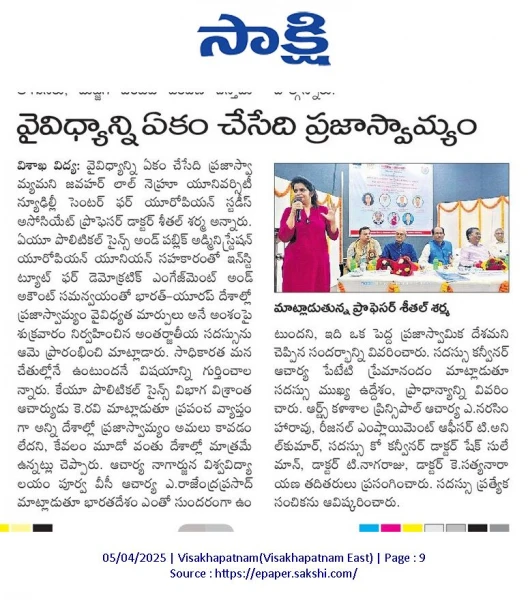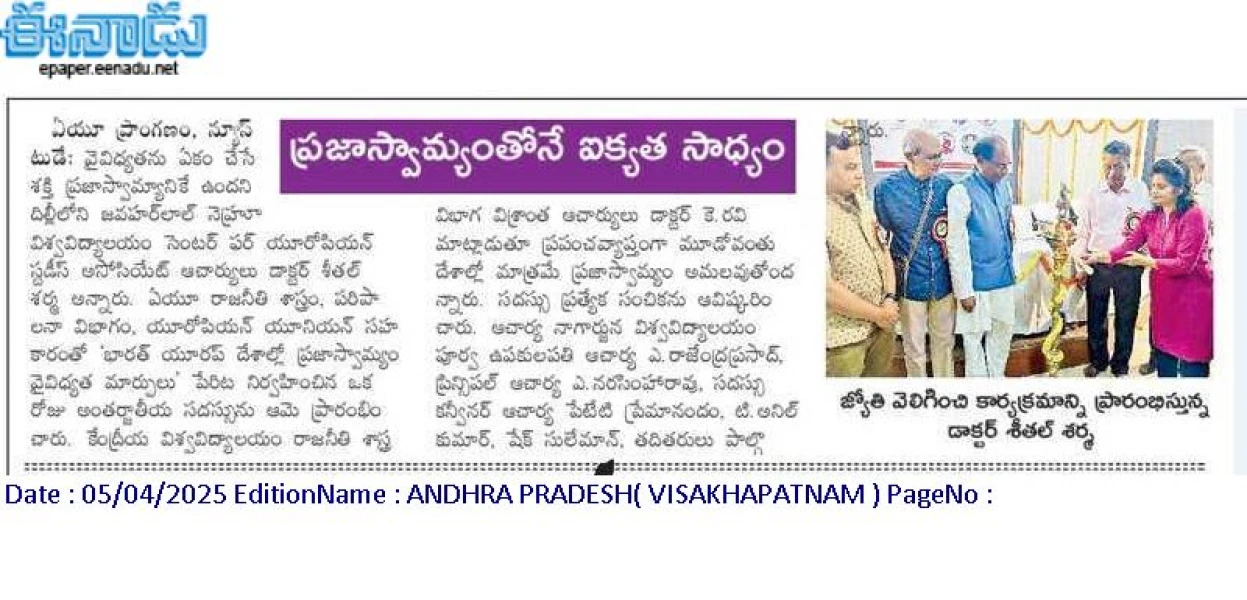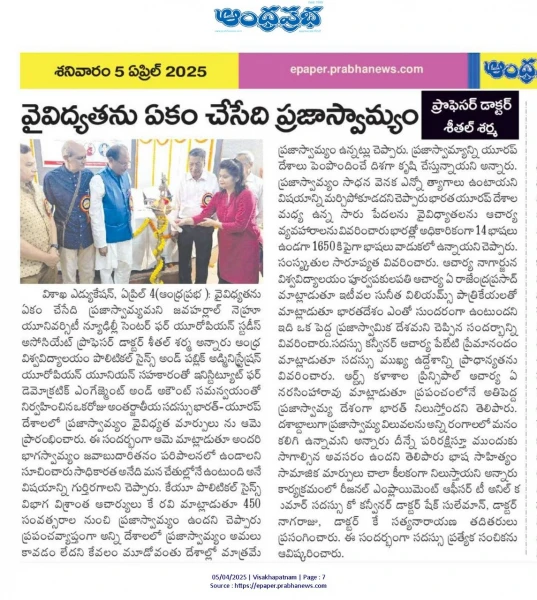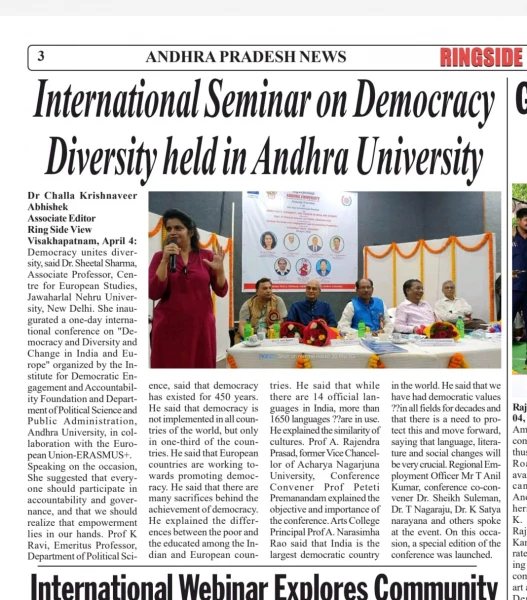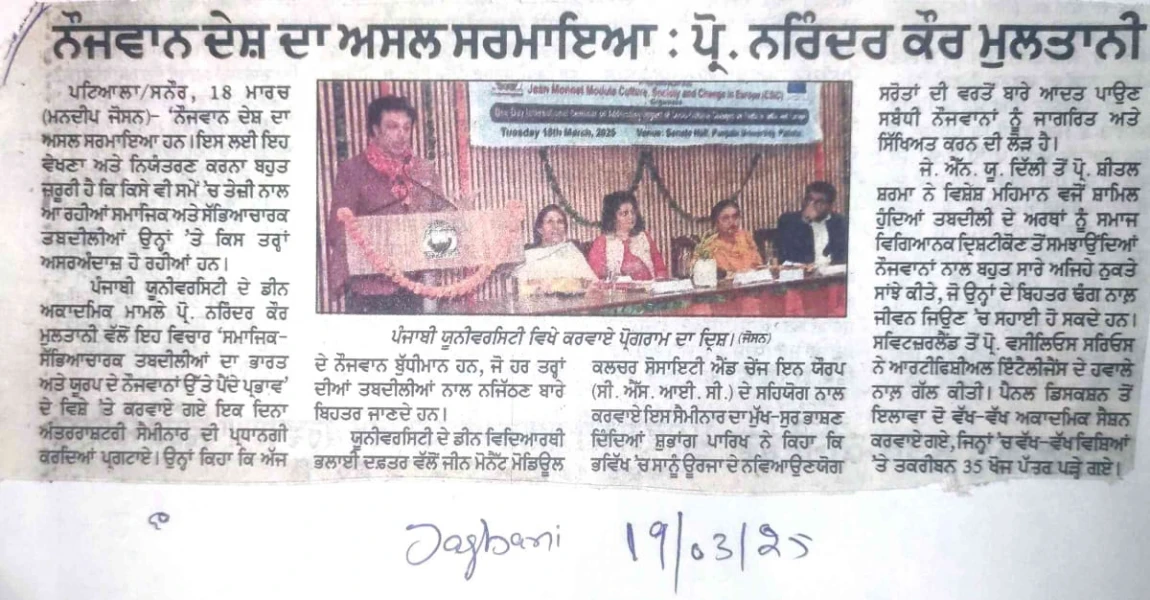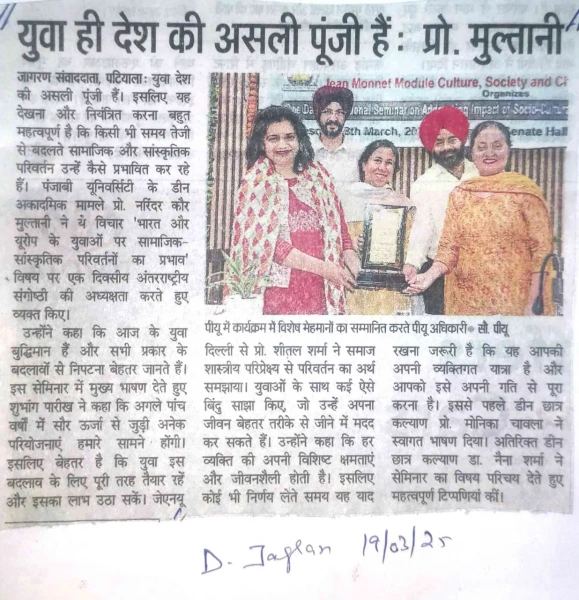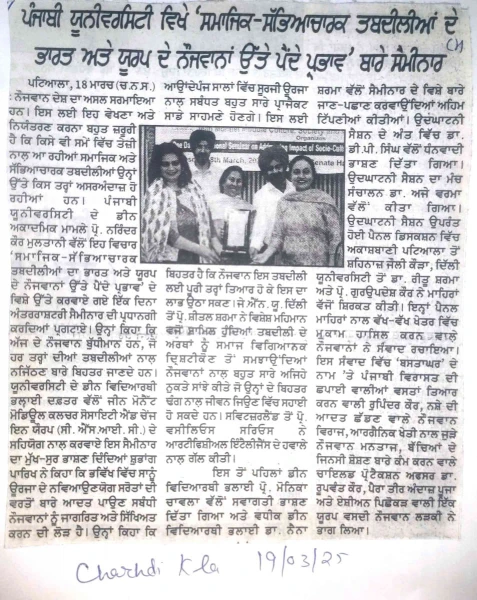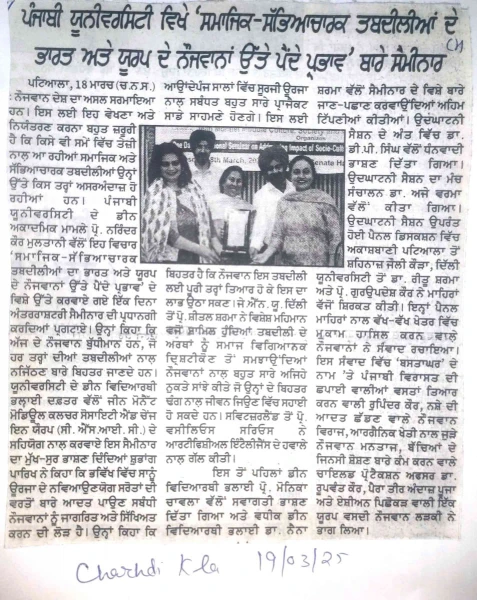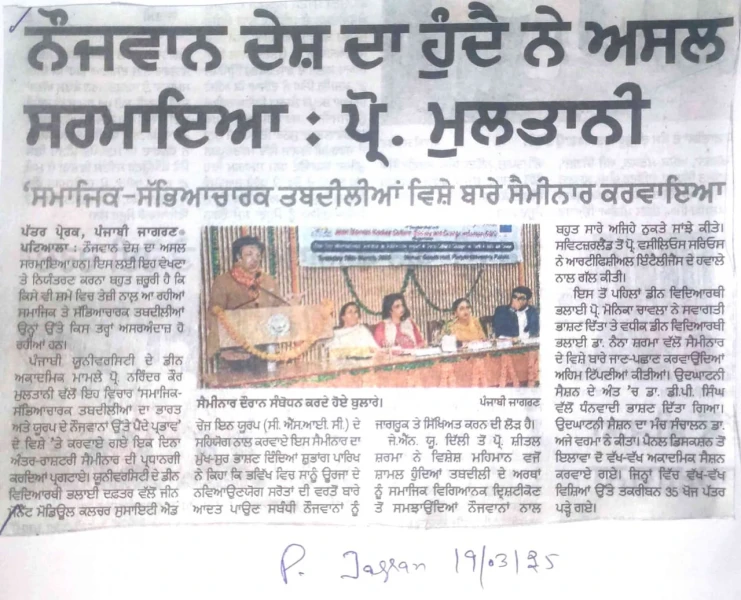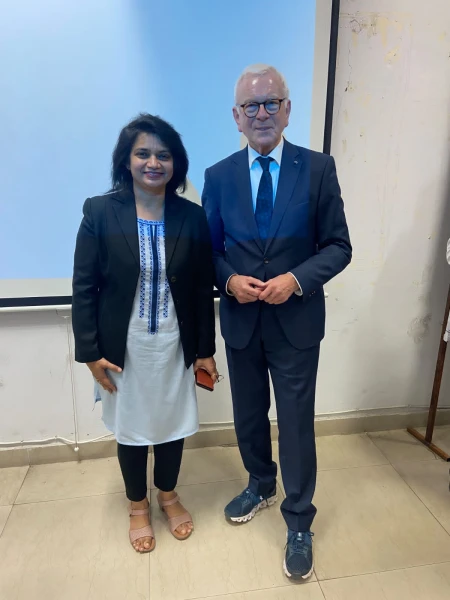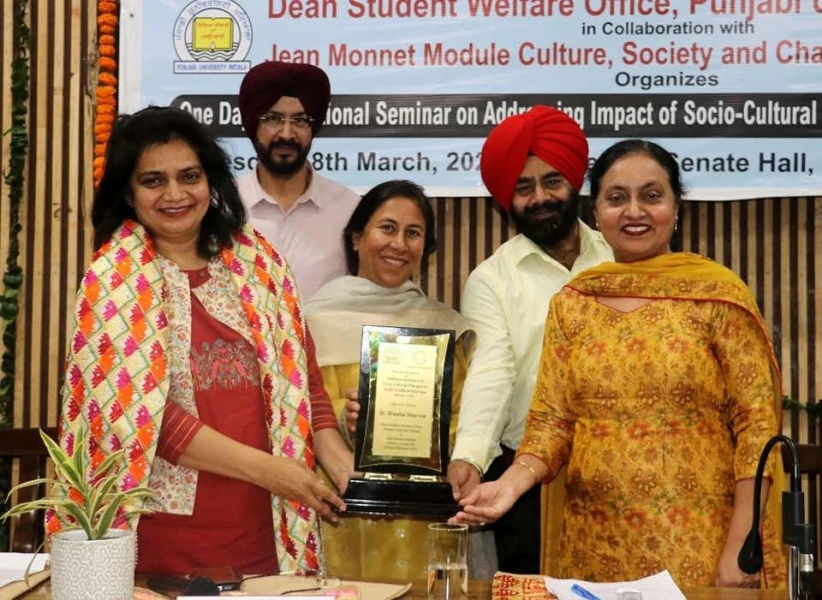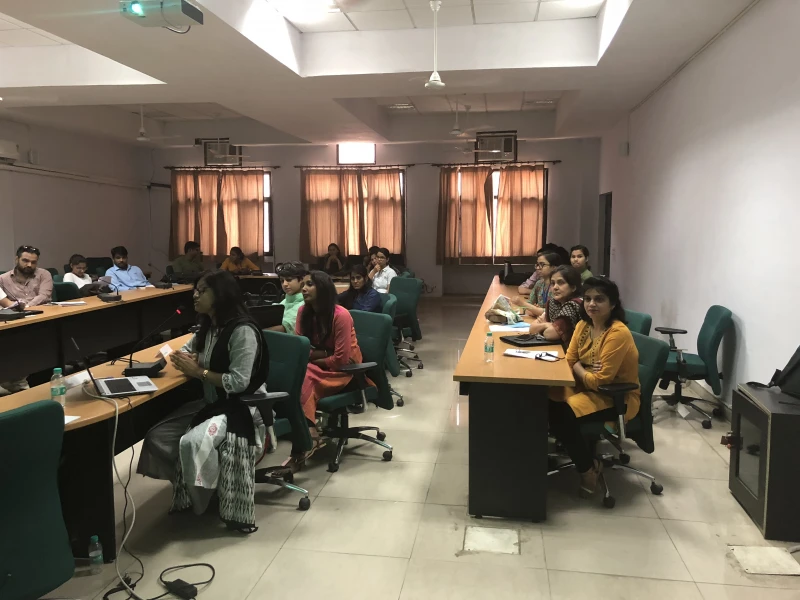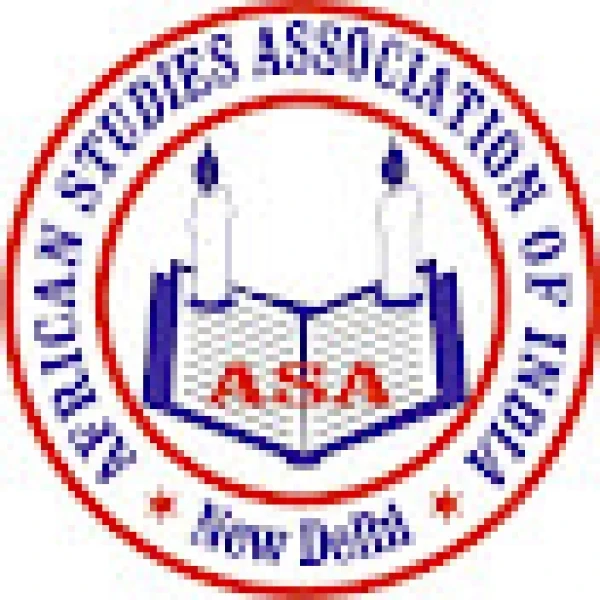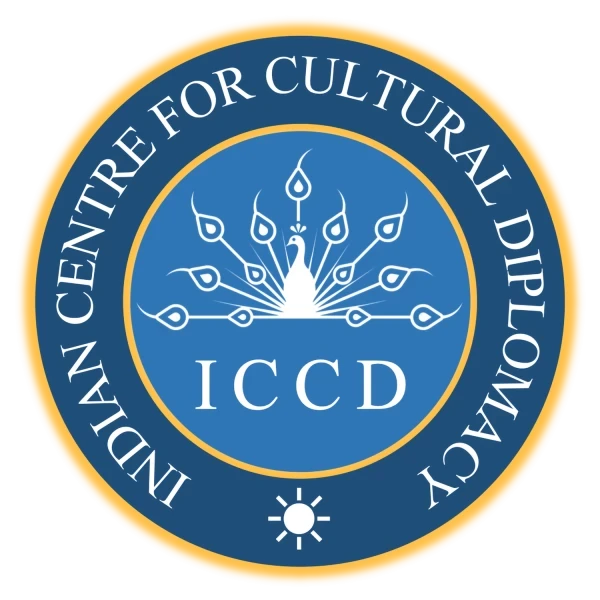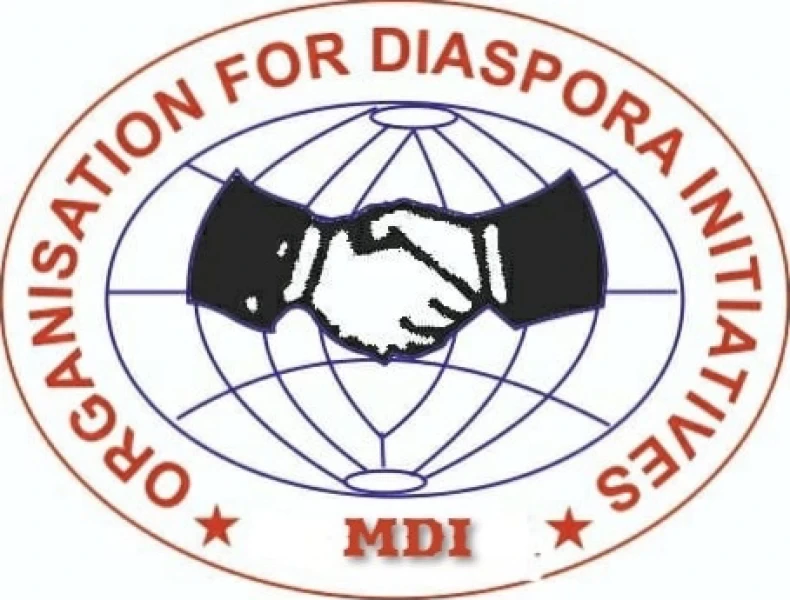Culture, Society, Institutions and
Change in the European Union
This module endeavours to comprehensively introduce students to the intricate and multifaceted landscape of Europe through a series of meticulously selected cases and studies that primarily concentrate on the significant social and cultural issues that pervade the European continent. The module conducts an exhaustive examination of the central domains associated with the various social and cultural institutions that are prevalent throughout Europe, thereby facilitating a deeper understanding of their complexities and interrelations. Among the diverse areas of focus encompassed within this module are the philosophical and intellectual revolutions that have historically shaped European thought; the emergence and evolution of democracy and capitalism within the European context; the various political and economic transformations that have taken place over time; as well as the intricate dynamics surrounding religion and secularisation, which includes both the retreat and revival of religious practices and beliefs. Furthermore, the topics that are relevant to contemporary society include the changing demographics within Europe, the experiences of immigrants and refugees, the ongoing processes of Europeanization and Globalisation, the pressing issues surrounding marginalisation, and the multifaceted challenges associated with social integration that characterise our contemporary era. These thematic areas are subjected to rigorous examination and research from both micro and macro perspectives, thereby allowing for a holistic understanding of the social phenomena at play. By delving into these social and cultural dimensions, students are equipped with the analytical tools necessary to engage with the social structures and processes of change occurring within Europe, thereby fostering a nuanced understanding of the dynamics that underpin European society. The introduction of these topics is further complemented by an exploration of various social science theories, alongside a detailed discussion of how these theoretical frameworks can be applied to explore and analyse the intricacies of culture and society in Europe with both depth and sophistication. This module is characterized as being both original and innovative, as it seeks to identify and elucidate the myriad factors and actors that have significantly influenced the contemporary nature of European society in its current form.
Building upon the foundational outcomes and insights derived from the previously conferred Jean Monnet Modules, the central objective of this module is to cultivate a deep interest and awareness among scholars, thereby encouraging them to engage in substantive and meaningful research pertaining to the complex issues that concern European culture, society, and the ongoing processes of change. Additionally, this module endeavours to establish a comparative framework between India and Europe, drawing upon both the striking similarities and notable differences that exist between these two distinct yet interconnected entities.
READ MORE
